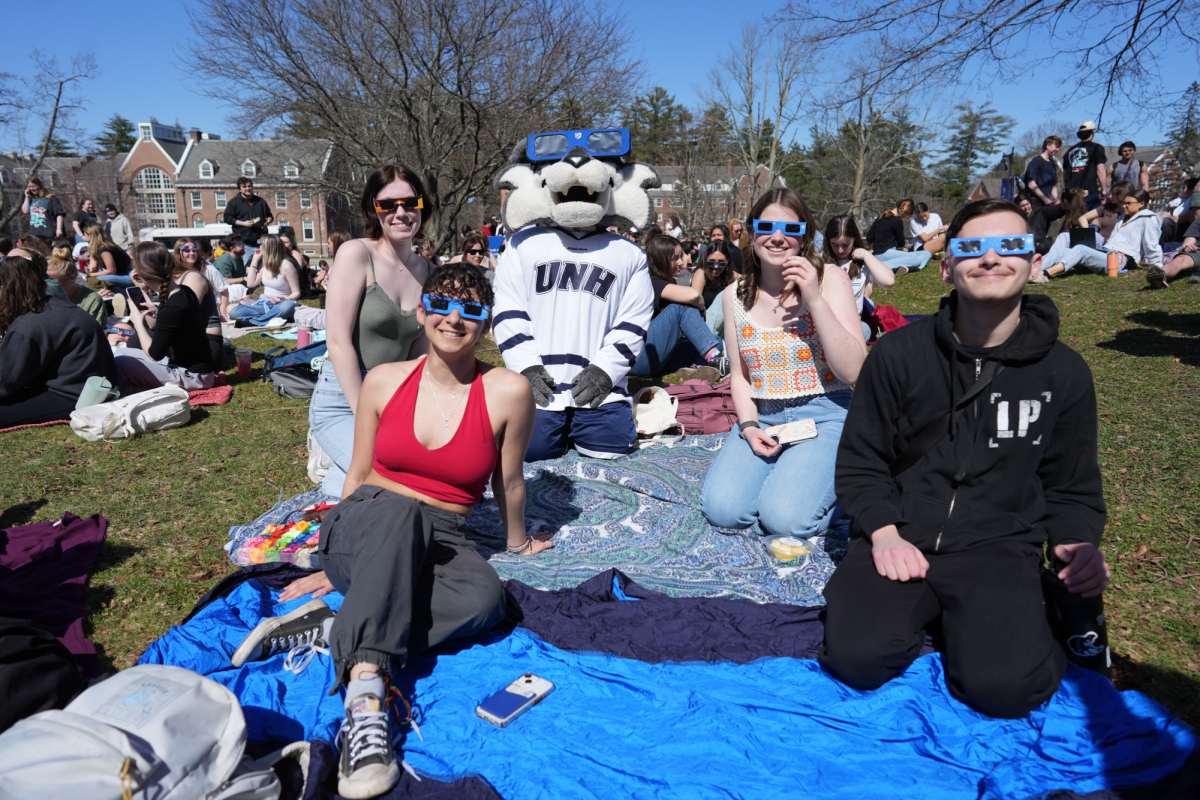By Alex LaRoza
Contributing Writer
If, like many students, you aren’t looking forward to the struggle of finding an available parking space this winter, you can take solace. At least that’s the case temporarily.
On Monday, Nov. 30, an agreement was reached between student leadership and campus administrators to postpone this year’s Winter Parking Ban until Jan. 4, 2016. Marc Laliberte, the program manager for UNH Transportation Services, explains.
“The initial adjustment was aiming to start this year’s Winter Parking Ban on December 20th-after finals end. But then it was considered that with the limited campus activity in the period between December 20th and start of January term, that it might feasibly be stretched to January 4th.”
Laliberte wants to make sure students understand that the regulations governing the winter parking ban have not changed. All that has happened is an official postponement of the enforcement of these regulations until Jan. 4.
“But it’s critical to note that the possibility of a re-engagement during the postponement period still exists,” says Laliberte. Any snow emergency event can still re-engage the Winter Parking Ban for a period necessary for a storm response. If this happens, it will be announced via Directed Communication and the UNH Roam Secure Network, (although this part is yet to be finalized by media and police services).
For students who might not know what the Winter Parking Ban entails, it essentially closes most lots, spaces and areas between the hours of midnight and 6 a.m., once in effect. During those times, parking is limited to specific exempted areas. UNH has ‘weather-conditional’ exempt areas (areas that are open unless there is an active snow emergency event) and permanently exempt areas (areas that remain open even during an active snow emergency).
“During the winter, we make daily decisions on whether we need to be under the ‘normal’ ban, which means the weather-conditional lots are open; or the “full” ban, which means parking is limited to permanently exempted areas only,” explained Laliberte. This status will determine where enforcement takes place, with ticket charges of $75 being issued to violators. In addition, if a snow emergency is declared, vehicles in violation will also be in risk of getting towed.
This winter parking ban has existed in Durham for decades.
“The purpose has always been to prevent the presence of parked cars from slowing down nighttime snow removal operations so that the campus can be ready for normal daytime access,” Laliberte explains. “If the snow removal crews have to spend too much time getting cars out of the way, they can’t get the campus plowed in time for morning access.”
Despite this, the Winter Parking Ban has never been widely popular on campus, for obvious practical reasons. The most debated and controversial element of the parking ban has been the application of the restrictions when it’s not actually snowing.
“On one side, the presence of restrictions irrespective to actual nightly weather is that it leaves no question about whether the ban is ‘on’ or ‘off’, and prevents people from the temptation of making their own interpretation of the rules. On the other hand, it’s hoped that the community can be counted on to heed official notices under this revision, and prove that weather-conditional implementation is practicable,” said Laliberte.
Still, some students disagree with aspects of the Winter Parking Ban.
“I don’t think the university should be allowed to actually tow a car,” says John Brescia. “It’s bad enough we get parking tickets”.
Tyler Litch, who commutes to Durham from Londonderry, said he thinks the ban should begin when the weather calls for it.
“I think they should start the ban not on December 1, but whenever it snows first. The ban would then continue until the springtime,” Litch said.
Despite some of these minor objections, Marc Laliberte is optimistic about the outcome of this change, which he feels will be for the better.
“This decision was reached less from any particular controversy or petition than from a proposal to test out an evolution of the program,” he said.
























